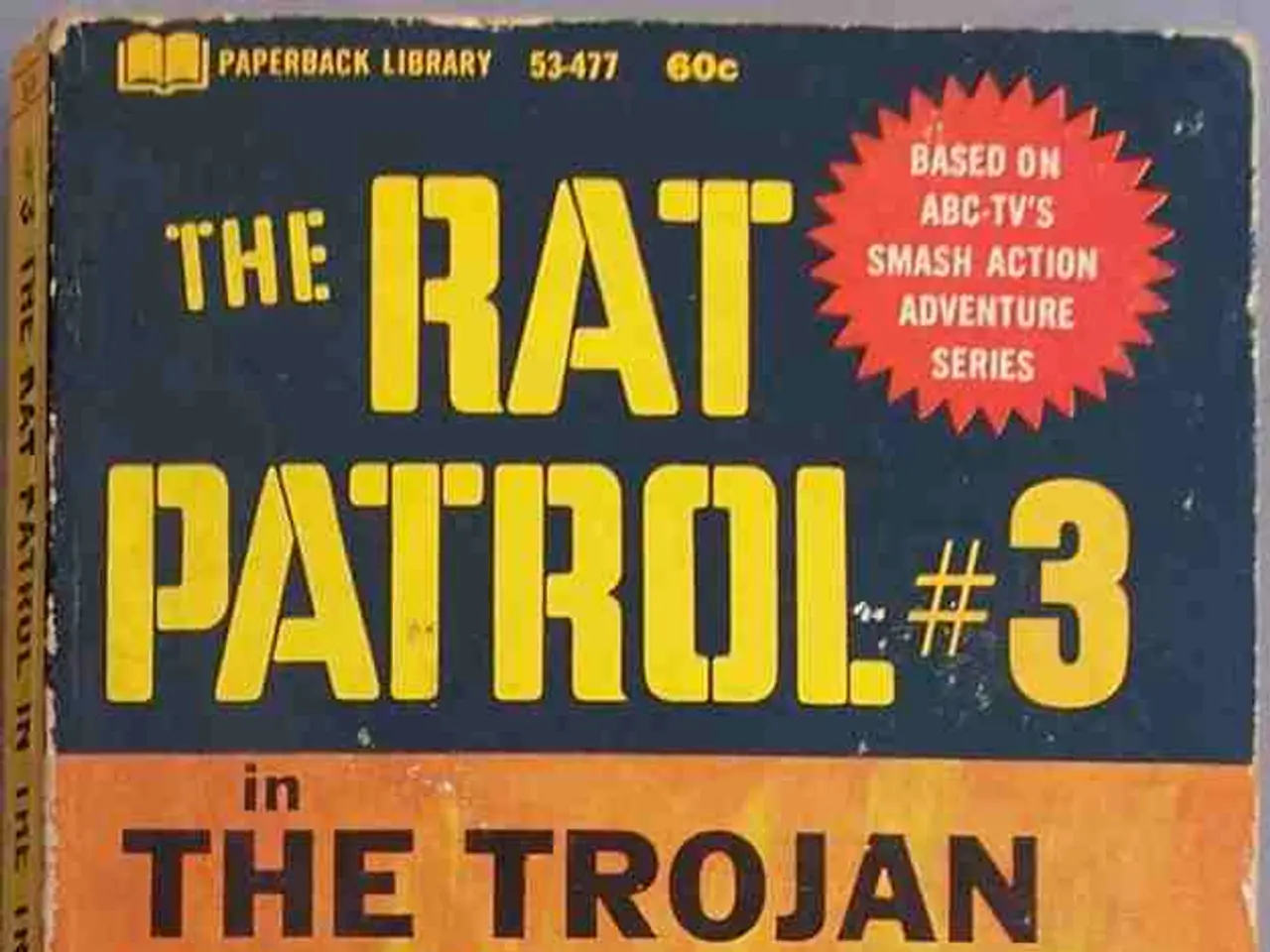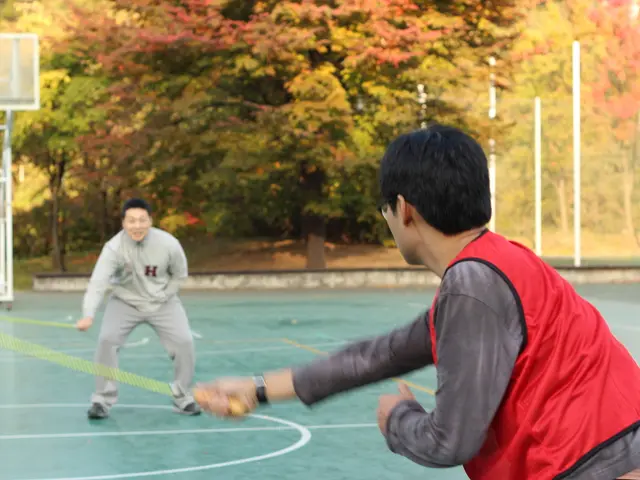U.S. Top Commander Suggests Readiness for Concurrent Wars with Russia and China by NATO
General Alexus Grynkewich, the newly appointed Commander of U.S. European Command and NATO's Supreme Allied Commander Europe, has issued a stark warning. He suggests that NATO must be prepared to confront the possibility of concurrent military conflicts involving both Russia and China by 2027.
Speaking at the LandEuro Defense Symposium in Wiesbaden, Grynkewich reiterated calls for NATO members to increase defense budgets, aiming for as much as 5% of national GDP. He emphasised that every bit of kit, equipment, and munitions would be needed to beat such a conflict.
The topic of defense spending is of significant concern within NATO due to misaligned procurement timelines and military-industrial production rates with the accelerating pace of geopolitical threats. Industry representatives expressed concerns about production bottlenecks and regulatory hurdles impeding timely delivery of critical systems.
The notion of a dual-front war, involving both Russia and China, has gained traction in recent defense planning circles, particularly with regards to Chinese military activity around Taiwan and ongoing Russian operations in Ukraine. Grynkewich suggested that if Chinese President Xi Jinping were to make a move on Taiwan, he likely would coordinate such an attack with Russian President Vladimir Putin.
The potential simultaneous aggression by Moscow and Beijing, particularly coordinated action in Europe and the Pacific, could mark the onset of a global conflict. The LandEuro defense symposium highlighted the need for interoperability, logistics, and rapid deployment strategies.
The event, which took place at the RheinMain Congress Center in Wiesbaden, brought together military and industrial leaders to explore ways of accelerating weapons development and delivery. General Christopher Donahue, Commander of U.S. Army Europe and Africa, joined Grynkewich in urging deeper cooperation between NATO militaries and defense manufacturers.
The LandEuro event featured sessions on topics related to the shifting defense landscape, including sessions on Taiwan and the potential for a global conflict. Further discussions with NATO military leaders will take place in the coming days to identify additional ways to bolster Ukraine's air defense capabilities, with General Grynkewich's immediate operational priority being Ukraine.
U.S. President Donald Trump has recently confirmed that the United States would continue providing military aid to Ukraine via NATO, but with European allies bearing the financial burden. The comments come as NATO intensifies its efforts to build up defensive capabilities in response to an increasingly assertive Russia and amid growing concerns over China's long-term intentions in the Indo-Pacific.
The LandEuro Defense Symposium concluded with a call for enhanced coordination between public and private sectors responsible for Europe's defense readiness. Grynkewich's warning suggests that time may soon become NATO's scarcest resource. NATO now faces a more complex environment in which global coordination will be essential.
Read also:
- United States tariffs pose a threat to India, necessitating the recruitment of adept negotiators or strategists, similar to those who had influenced Trump's decisions.
- Weekly happenings in the German Federal Parliament (Bundestag)
- Southwest region's most popular posts, accompanied by an inquiry:
- Discussion between Putin and Trump in Alaska could potentially overshadow Ukraine's concerns







